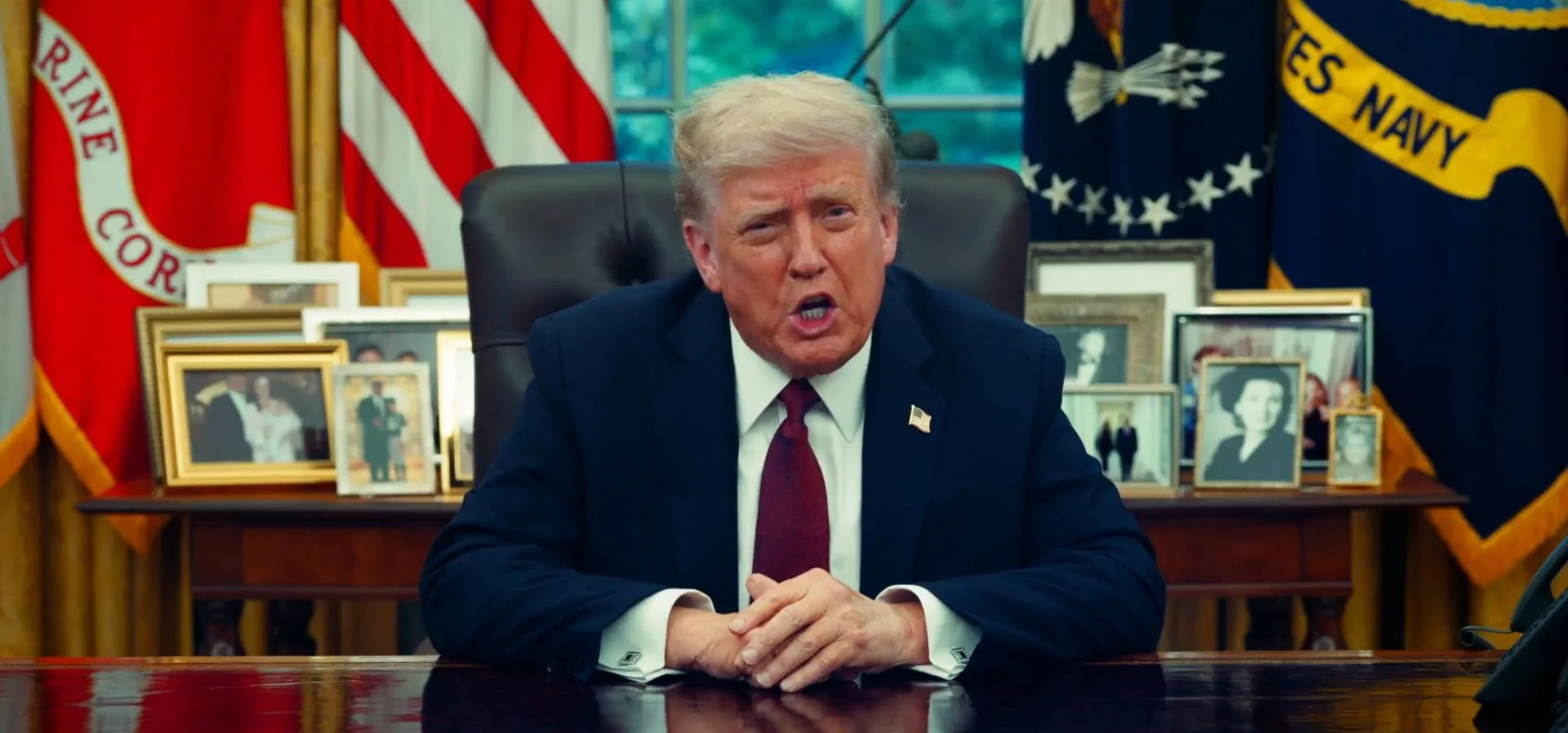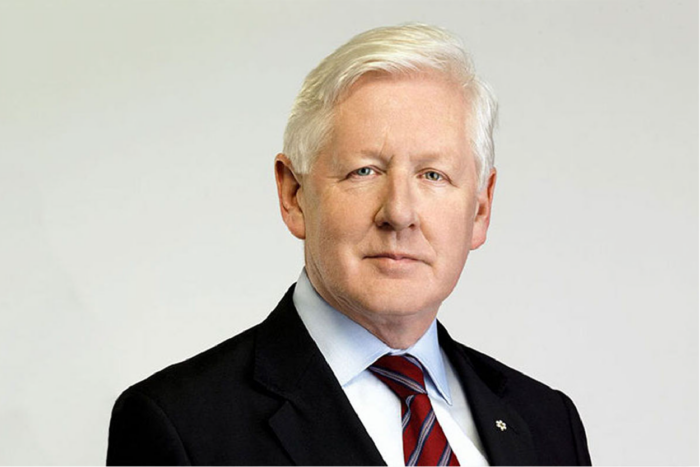Reality check on the end of the American economic empire
UNSPLASH PHOTO
Ever since Donald Trump's re-election, there has been much talk in Canada and elsewhere about the end of American global leadership. Prime Minister Mark Carney's entire domestic and international agenda is premised on the notion that “The 80-year period when the United States embraced the mantle of global economic leadership … is over.”
The latest to weigh in on this was former Prime Minister Jean Chrétien. Speaking on a recent Public Policy Forum podcast, Chrétien described President Trump's rise and tariff war as heralding “the end of the American empire.”
To be sure, there are obvious signs of weakness in Trump’s actions. Raising tariffs is an implicit admission that the U.S. economy is struggling in the face of global competition from the European Community, China, India, Brazil and others. It harkens back to the late 19th century, when U.S. economic policy was anchored on high tariff walls to protect itself from competition from the then-dominant economic power, the United Kingdom.
It was only after the Second World War when the United States emerged as the predominant economic power that it became a champion of globalized free trade, cementing its comparative advantages through such trade liberalizing organizations as the General Agreement on Tariffs and Trade (GATT), which became the World Trade Organization (WTO).
Trump’s first election and then reelection reflected a feeling among those in the United States who have felt economically disenfranchised by the very global trade system that the U.S. created and, indeed, perfected.
Since the Second World War, the United States' share of world trade has steadily declined in relative terms, and its military preponderance has also declined, particularly relative to China. The fiscal crisis of U.S. public debt, which bespeaks a country living far, far beyond its means, also poses a clear threat to the status of the U.S. dollar as the global reserve currency.
However, we should be careful not to overstate American weakness. Indeed, by almost any standard, the United States remains the largest economy, whether in terms of nominal GDP or per capita GDP among the large economies.
Highly resilient
Moreover, America’s grip on global economic power has proven highly resilient in the face of repeated challenges and crises that have provoked serial predictions that we were on the cusp of the end of U.S. economic primacy.
The oil price shocks of the 1970s were supposed to presage the U.S.'s economy being supplanted by OPEC petro-states. Instead, the U.S. is now the largest oil producer in the world. In the 1980s, Japan was supposed to be on the verge of eclipsing the U.S. economically. Today, the U.S. GDP is many times larger than Japan’s. As a matter of fact, Japan is now something of a model for economic stagnation, while the U.S. has charged ahead, taking the commanding heights of the digital economy by nurturing start-ups that became global powerhouses, like Microsoft, Apple, Amazon, Facebook and Twitter.
The 2008 global financial crisis, which began in the United States, was said to be a sign of impending U.S. economic decline. Indeed, after the financial crisis, prognosticators looked to China as the next country on track to economically eclipse the United States. However, the eclipse keeps getting postponed as China’s policymakers struggle with, as a recent Financial Times story put it, a “weakening labour market, declining firm profitability, slumping housing activity, and adverse debt-deflation dynamics.”
Rather than doom-scrolling U.S. economic power, perhaps we should take a pause to marvel at its incredible resilience and reflect on its roots. More than any other country, the United States fosters an extraordinarily risk-taking entrepreneurial culture that specializes in leaping from intriguing technological concepts to highly profitable commercialization, something we are quite miserable at in Canada, for example.
Other countries have become masters at copying and refining, in some cases stealing, U.S. technology. But in terms of combining world-leading research and entrepreneurship, the United States is a “one of one.”
And this advantage is likely to last. The U.S. has incubated universities and colleges that are routinely ranked as among the very best: Harvard, Stanford, MIT, Caltech, to name a few. They are global magnets for research talent.
Nothing lasts forever, neither empires nor economic dominance. Someday, some nation may overtake the United States economically. The structural issues of debt and Trumpian economic nationalism may be looked back on by future historians as the beginning of the end.
But they may also end up being viewed as surface froth that meant nothing in the bigger picture of America's seemingly unending economic dynamism, as one more case where, to borrow the great American humorist Mark Twain who once had to clarify to mislead media: “The reports of my death have been greatly exaggerated.”






